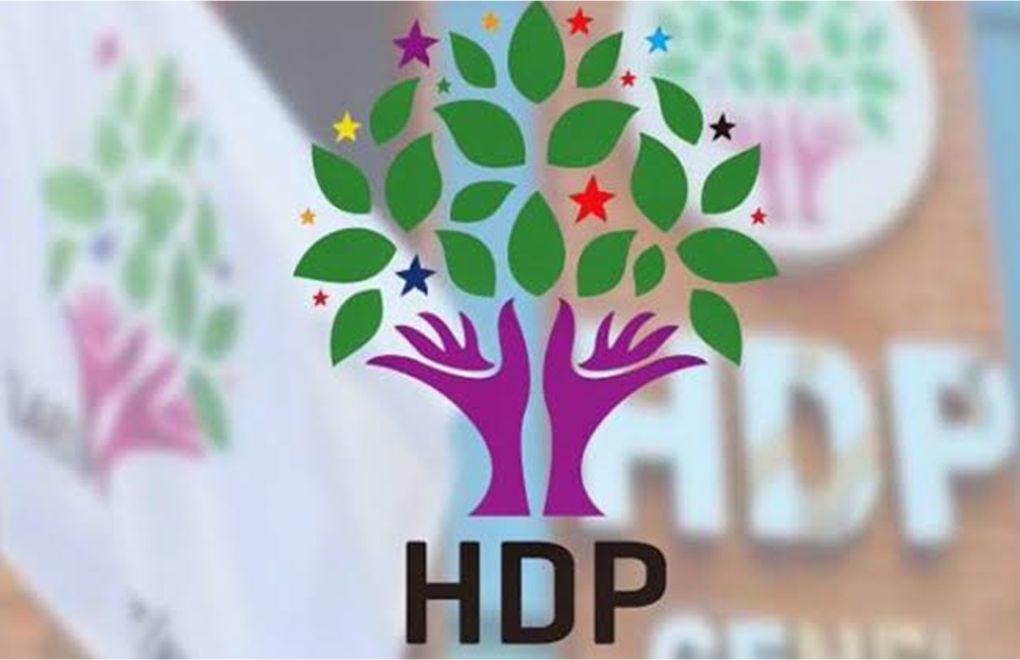Turkey’s opposition Peoples’ Democratic Party (HDP) has led tributes to those killed in the state-coordinated massacre of Greek, Armenian, Christian and Jewish people in the Istanbul pogrom 65 years ago, Bianet reports.
It described the events of September 6 and 7 1955 as “one of the most painful and shameful pages in Turkey’s history.”
The HDP said that 73 churches, eight holy springs, two monasteries and 5,500 houses and workplaces — 3,500 of which belonged to Greeks — were destroyed and plundered during the massacre. The damage was estimated at about £100 million.
“The attacks were planned and implemented by the National Security Service (NSS),” a party statement said.
“The state has not faced up to the September 6-7 pogrom, apologies have not been offered to Christian and Jewish citizens, primarily Rums and Armenians, and the damages have not been compensated in any way at all,” HDP said.
“It is our major demand and a must of living together that this shame targeting the old peoples of Turkey be faced, the perpetrators be identified and the material and immaterial losses of suffered by the aggrieved people or their families be compensated,” the party added.
The Istanbul pogrom, also known as the Istanbul riots or September events were organized mob attacks directed primarily at Istanbul’s Greek minority on 6–7 September 1955. The riots were orchestrated by the Tactical Mobilisation Group, the seat of Operation Gladio’s Turkish branch; the Counter-Guerrilla, and National Security Service, the precursor of today’s National Intelligence Organisation.
The events were triggered by the false news that the Turkish consulate in Thessaloniki, in northern Greece—the house where Mustafa Kemal Atatürk had been born in 1881—had been bombed the day before. A bomb planted by a Turkish usher at the consulate, who was later arrested and confessed, incited the events. The Turkish press, conveying the news in Turkey, was silent about the arrest and instead insinuated that Greeks had set off the bomb.
A Turkish mob, most of which had been trucked into the city in advance, assaulted Istanbul’s Greek community for nine hours. Although the mob did not explicitly call for Greeks to be killed, over a dozen people died during or after the attacks as a result of beatings and arson. The police remained mostly ineffective, and the violence continued until the government declared martial law in İstanbul and called in the army to put down the riots.
The pogrom greatly accelerated emigration of ethnic Greeks from Turkey, and the Istanbul region in particular. The Greek population of Turkey declined from 119,822 persons in 1927, to about 7,000 in 1978. In Istanbul alone, the Greek population decreased from 65,108 to 49,081 between 1955 and 1960.
The 2008 figures released by the Turkish Foreign Ministry placed the number of Turkish citizens of Greek descent at 3,000–4,000;while according to the Human Rights Watch (2006) their number was estimated to be 2,500.




